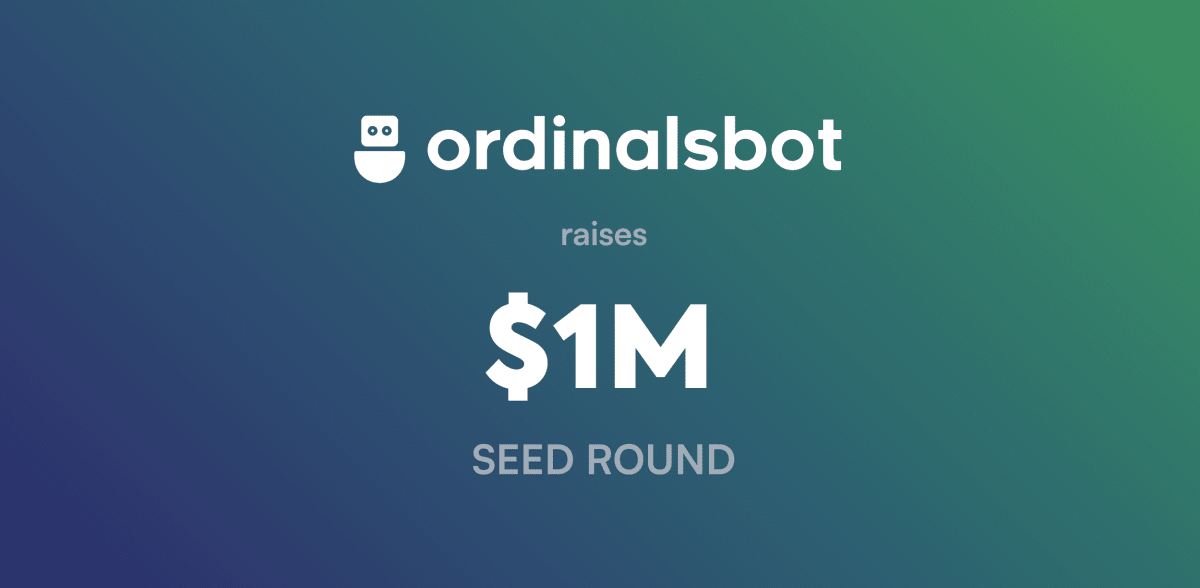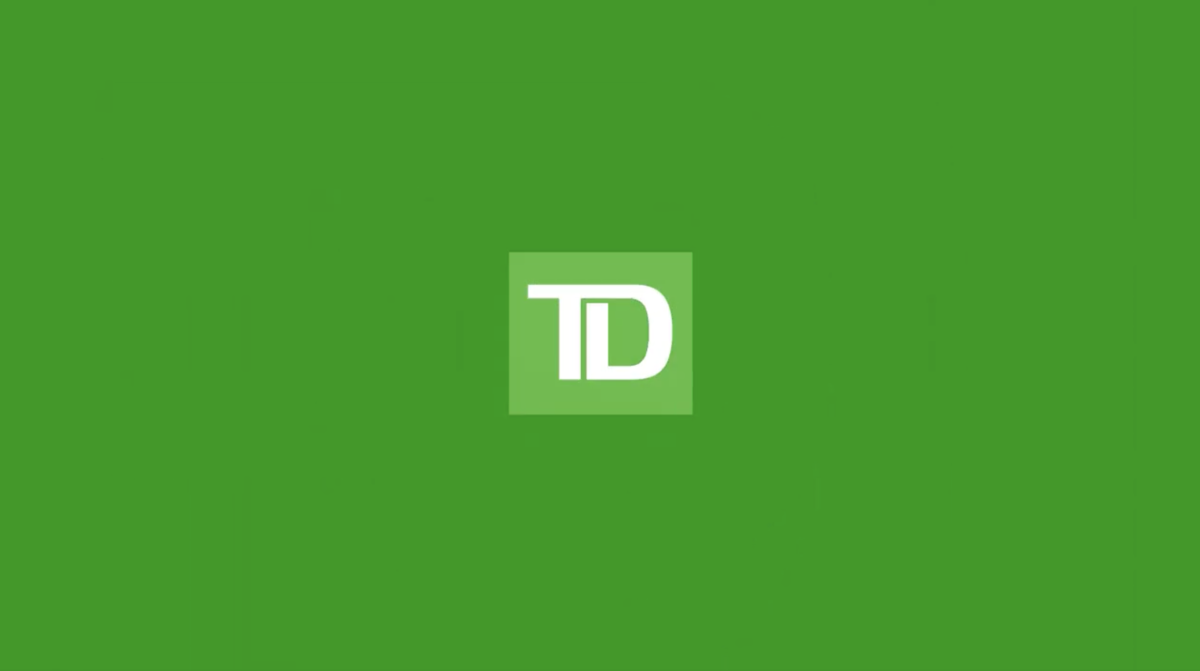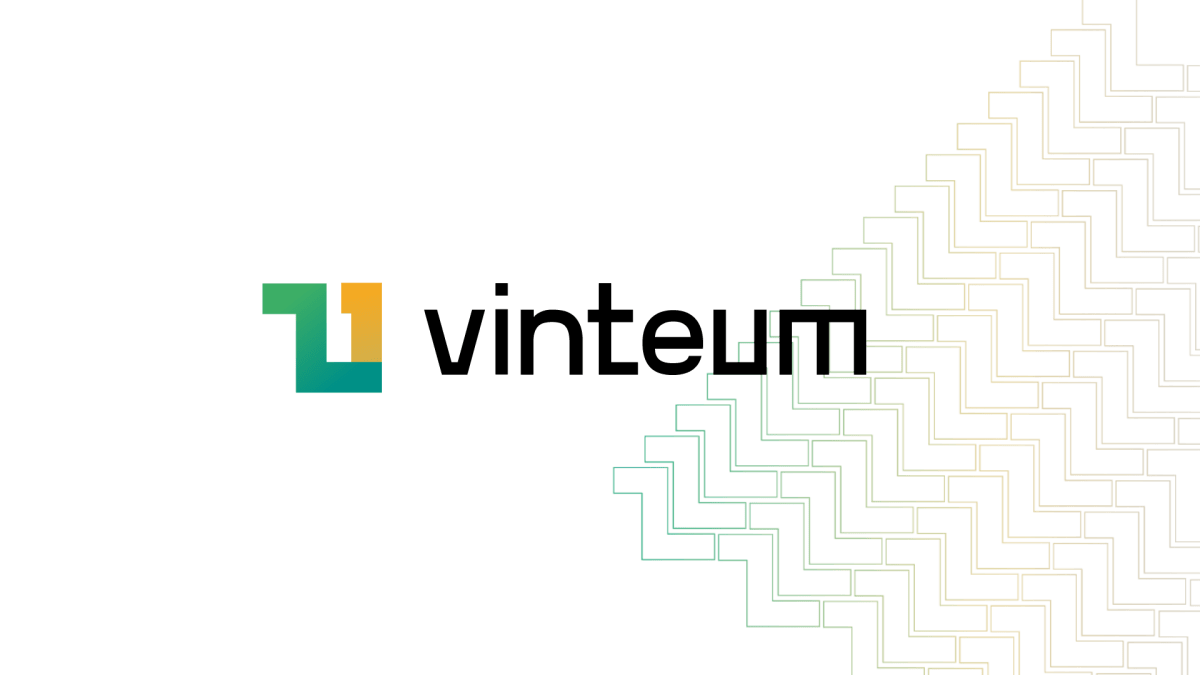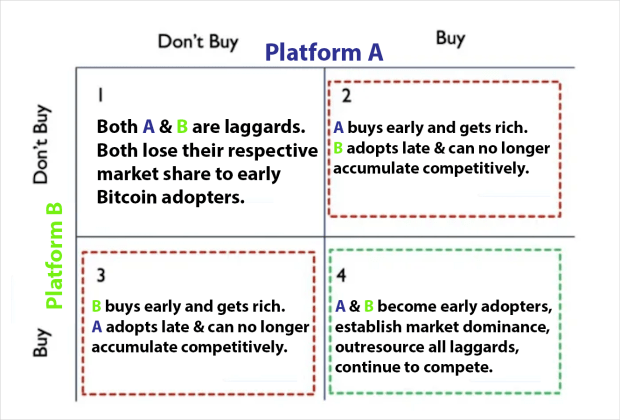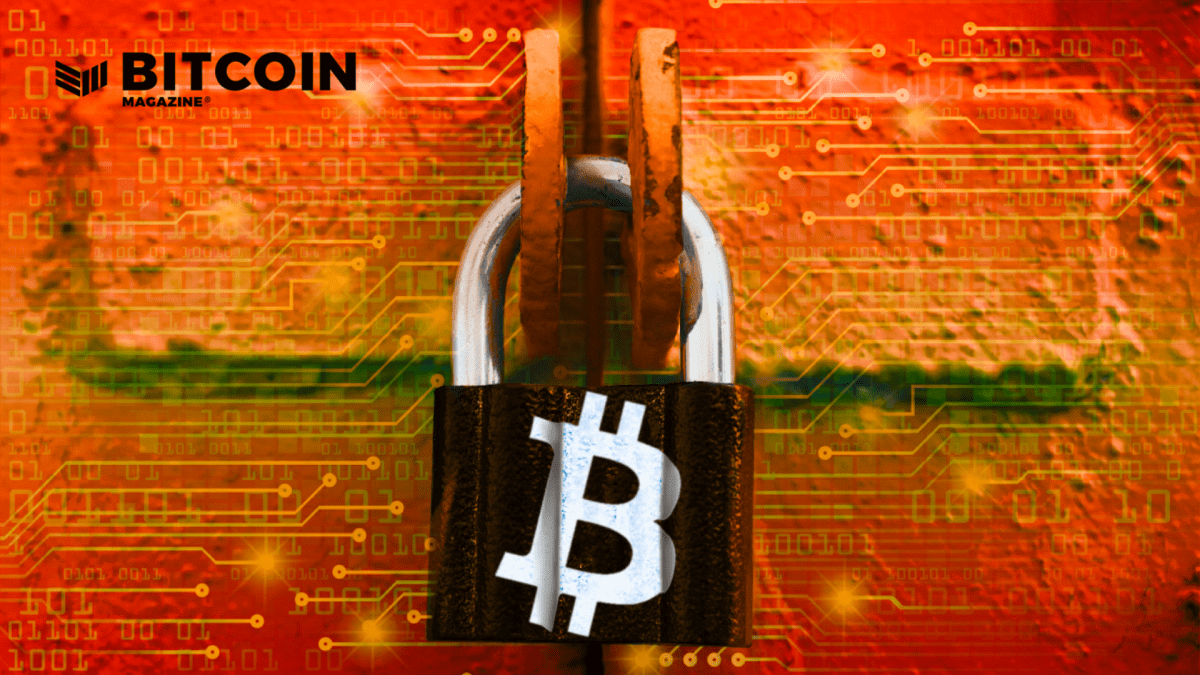LN Markets Upgrades Bitcoin Trading With DLCs
Bitcoin is fixing money.
Thanks to Bitcoin, anyone in the world is free to transfer money over a peer-to-peer network without having to go through a financial institution. Money that cannot be censored by authorities, devalued by governments, monopolized by corporations, or stopped by borders.
However, when it comes to trading, going through a trusted third party still remains necessary. Why is that a problem? Because trusted third parties always have been, and continue to be, security holes.
Bitcoin Trading Is Broken
Individuals and financial institutions alike rely on trusted third parties such as clearinghouses and exchanges to clear their Bitcoin spot and derivatives transactions.
“Banks must be trusted to hold our money and transfer it electronically, but they lend it out in waves of credit bubbles with barely a fraction in reserve.” – Satoshi Nakamoto, 2 Nov 2009
Sound familiar? Yes, that’s exactly what happened during the 2022 contagion event where Celsius, Terra, Three Arrows Capital, BlockFi, Voyager, FTX and many more collapsed. Most of the time, end users, who trusted these third parties, lost everything.
Centralized exchanges are inherently insecure because funds can be pooled together without any oversight. Trading and custody should never, ever be mixed.
Looking at the above list of bankruptcies, one may feel helpless and declare Bitcoin trading a no go. Instead, we took a second look and wondered: does Bitcoin trading really need to take place in the books of a trusted third party? Certainly not. And Bitcoin itself provides the solution!
Bitcoin is a complex and dynamic system that has not yet found its equilibrium, and no one can predict the ultimate role it will play. Defining Bitcoin is challenging because it intersects multiple domains. Some view it as a financial asset, others as a currency, a network, or even as an ideological manifesto.
As developers of innovative trading solutions, we are particularly interested in one dimension: Bitcoin as a technical infrastructure. This technical dimension is the least visible, probably due to its relative complexity, yet we find it one of the most fascinating aspects of this Unidentified Financial Object (UFO).
And we firmly believe that Bitcoin the protocol provides the ideal building blocks for the development of sound financial services.
Building The Future Of Trading On Bitcoin
Bitcoin’s code consists of operations that, when assembled, form a script. This list of available elementary operations evolved over time, with the addition of new operations to enable more complex scripts. These evolutions are often slow, but this gradual pace helps preserve the stability and security of the protocol.
The simplest script, of course, is the peer-to-peer transfer of a unit of value. The first trading platforms were built by integrating this functionality: it became possible to transfer funds directly from a wallet to a platform for processing.
The Lightning Network is an application built from a more complex script. It allows for the risk-free and instantaneous transfer of BTC. LN Markets was the first trading platform to integrate this new protocol into its core development.
Targeting the retail market, its value proposition is an extreme simplification of the trading experience: it takes only a few seconds for a user to handle everything from account creation to collateral transfer, all done instantly from a Lightning wallet. The value proposition of instant trading brought more than $2 billion cumulative trading volume.

Building on this success, it was only natural for us to turn our attention to Discreet Log Contracts. A DLC is a native “smart contract” built on Bitcoin which enables the delivery of a payoff depending only on the publication of a price by an oracle.
Today, we think it’s time to build on the DLC protocol to enable full trustless trading and put an end to the pooling of funds by trusted third parties.
Trust Minimized Trading On Bitcoin Is Now A Reality
Over the past few months, we have been building in stealth mode a trustless OTC derivatives trading platform designed to meet the needs of crypto financial institutions: DLC Markets.
Any kind of financial instrument can be traded on DLC Markets with almost no counterparty risk: Bitcoin futures and options, products on hashrate and blockspace, and potentially any asset in the world.
Traditionally, trading for institutions has always been centralized and standardized. At some point, a clearinghouse (CCP) takes control of the funds and manages settlement. Paradoxically, despite technological advancements, Bitcoin trading is much riskier than traditional trading: no regulation, trading and custody in the same place, conflicts of interest, numerous risks, and frequent bankruptcies.
DLC Markets aims to address these issues. Drawing inspiration from traditional OTC trading, we are developing a marketplace where participants can meet and transact. Similar to an ISDA/CSA agreement, collateral is exchanged directly between peers.
To manage settlement, a smart contract (DLC) acts as a CCP. This smart contract is unique to each transaction, ensuring segregated fund management, complete transparency for transaction participants, and confidentiality from external actors.
Market participants can chat and submit bilateral requests for quotes (RFQ) to each other. Upon mutual agreement for a trade, they confirm the trades parameters and submit the initial margin to a smart contract on the Bitcoin blockchain. Throughout the life of the trade, margin calls, liquidation, and settlement may take place and unlock the corresponding outcome in the smart contract. The computation of any settlement is contingent solely on the publication of an independent oracle.
The oracle is a trusted third party to verify certain events accurately. Unlike an escrow, the oracle is not tasked with interpreting or executing the contract. No explicit approval is required from the oracle to establish or unilaterally settle the contract. The only requirement is the use of data published regularly by the oracle, which is both freely available and shareable.
While traditional DLCs can be cumbersome to implement, we introduce a novel approach with a coordinator to solve the free-option dilemma when the DLC is initiated. This approach also makes it possible to integrate margin calls, liquidation and netting in the DLC process.

Time flow chart of margin call steps and hedged period for DLC with most expected transactions format
For a technical deep dive on our solution, check our white paper.
The Future Is Now
DLC Markets represents a paradigm shift, offering a trustless and secure alternative to the centralized exchanges that have long dominated the financial sector. You can already sign up to try out our Beta!
To accelerate Bitcoin as an infrastructure, we have completed the raise of a $3 million seed round led by ego death capital, along with Lemniscap and Timechain, joining our current investors Arcario, Bitfinex and Fulgur Ventures. We’re very excited to partner with investors who share our belief that bitcoin-native companies will change the world.
Welcome to a new era of transparency, efficiency, and resilience in derivatives trading.
More info: https://lnmarkets.com/ & https://dlcmarkets.com/
This is a guest post by LN Markets. Opinions expressed are entirely their own and do not necessarily reflect those of BTC Inc or Bitcoin Magazine.


